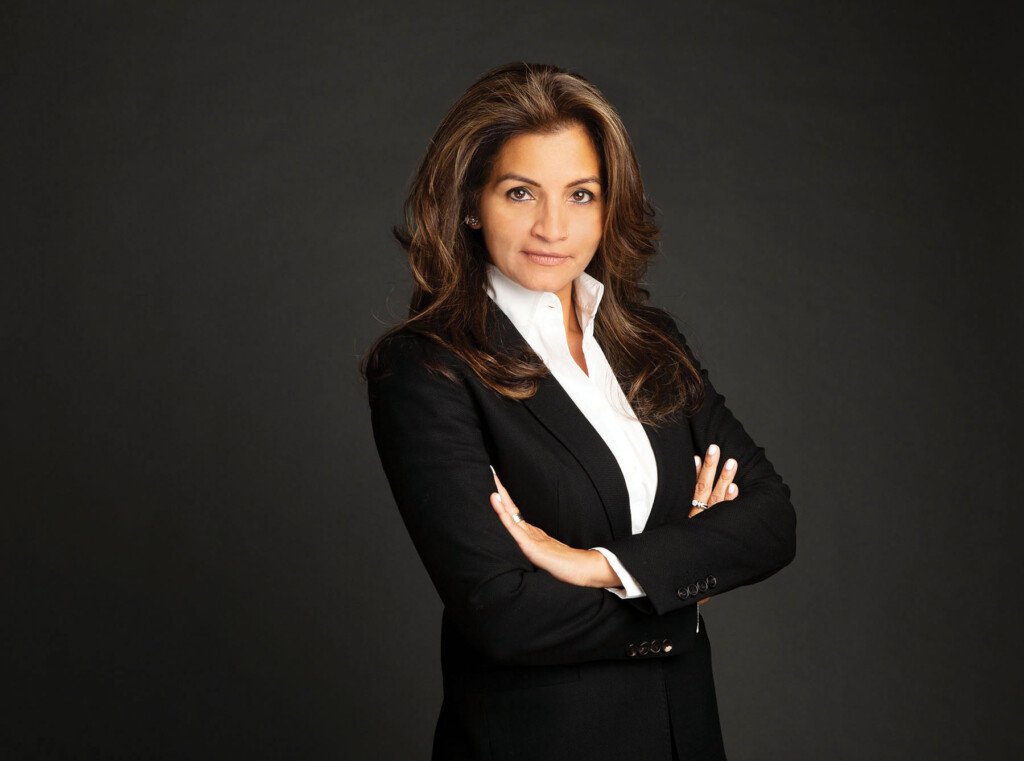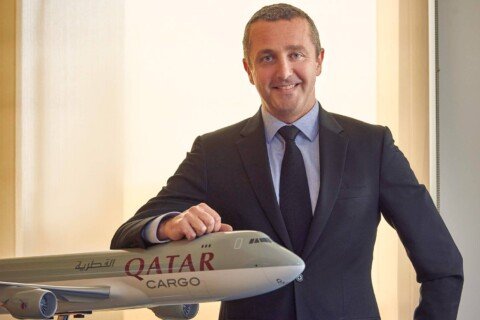Chapman Freeborn operates on a global scale—with offices in North America, Europe, Africa, Asia and Australia—and carries out around 25,000 flights each year for airfreight, passenger and humanitarian operations. In 2019, the group and its subsidiaries were acquired by aerospace firm Avia Solutions Group (ASG), which in turn has provided the company with a greater level of business scale, resources and expertise to accelerate growth and deliver services to an even wider client base—all while preserving its company culture and ongoing commitment to charter market innovation. In 2017, Chapman Freeborn increased its stake in Magma Aviation to become the majority shareholder and help support its long-term growth plans. In 2014, Chapman also acquired the majority of shares in animal transportation specialist firm Intradco Global allowing it to expand its product portfolio further. In 2020, the broker also went on to acquire Arcus Air Logistics and Arcus Air OBC, which offer air cargo charter and on-board courier services primarily to the automotive industry, realising its growth expectations and to stay energised, reach new horizons and continue developing. Sharon Lucinda Vaz-Arab, known throughout the aviation world as ‘Sherry’, joined the company in May following her stint at Cargolux Airlines of 26 years. In an exclusive interview with Ritika Arora Bhola, she says she welcomes her new position and is extremely proud to be appointed as Director and lead the company’s India, Middle East & Africa (IMEA) operations and looking forward to the company’s future.
Take us through Chapman Freeborn’s global business operations and its products, services and offerings for worldwide customers.
Chapman Freeborn was established in the UK in 1973. The company has offices worldwide including North America, Europe, Africa, Asia, and Australia. It is a family member of Avia Solutions, the largest aerospace business group that hail from Central and Eastern Europe, with 90 offices and production sites that provide aviation services and solutions worldwide.
Chapman Freeborn prides itself in being the global aircraft charter specialists with almost 50 years of experience in the cargo and PAX charter business (private jets and business aviation). Our operations specialists work 24x7x365 to provide a total solution as flight support specialists.
In the cargo market, Chapman Freeborn air chartering specialises in the charter and lease of aircraft for a wide-ranging customer base, including freight forwarders, multinational corporations, governments, humanitarian agencies as well as a host of industries around the globe. In addition to freight services, Chapman Freeborn offers specialist passenger services including private jet charters for executive travel and large aircraft for crew rotations and international group travel.
2020 is a disruptively important year for many. That said, to what extent did Chapman Freeborn’s operations remained unhindered although the pandemic continued to casts its spell over the globe?
Chapman Freeborn is proud to have played its part, delivering millions of PPE items to those in need, since March 2020 when the COVID-19 outbreak began, and it continues to deliver as the pandemic still has its grip around the globe. We were able to support clients and countries to ensure ‘continuity of the supply chain’ by deploying our in-house fleet of Boeing 747-400s aircraft as well as working with our long-term airline partners.
For example, during 2020, with Magma Aviation we added Mumbai (India), Singapore (Singapore), Hong Kong (China), Dubai (UAE), Atlanta, New York, Rockford, Chicago (USA), and Doncaster (England) to our existing routes of Johannesburg (South Africa), Hahn (Germany), Liege (Belgium), Nairobi (Kenya), and Greenville (South Carolina).
How did you ensure that your effective customer relationship policies outlast coronavirus and shape up to be far more effective in the new normal? So, how did you restructure your network strategy?
We have created a framework for digital transformation and adopted a flexible approach to deliver more efficient solutions. The new normal has actually brought the trade professionals closer together. As a private company, we operate independently and therefore have the flexibility to select the best aircraft and operators to meet our clients’ needs. We have built mutually productive relationships with all players in the air charter industry—airlines, airports, handling agents, freight forwarders, control authorities, and allied agencies. This allows us to facilitate all kinds of air charter operations, from an emergency relief airlift to a corporate roadshow, in a timely, cost-effective manner.
Could you explain on what makes Chapman Freeborn better than its competitors? How do you ensure efficient supply chain operations and excellent customer service keeping in mind competitive pricing, safety and quality of products?
In the last five decades, we have established our presence in key hubs across the globe. And this coupled with experienced teams, our volume buying power and access to an extensive database, has enabled us to offer the most competitive options to our clients.
How has the journey been so far? With your experience in aviation of over three decades, how do you plan to enrich the Chapman Freeborn UAE journey from here on after joining the charter specialist this year in May?
It’s been very enriching and fulfiling. The opportunities, network, cultural experiences have transformed me as a person and I feel proud to be associated with the industry. In the old days, anyone with a Telex machine/phone and access to a stock of airway bills was considered a forwarder. Today, the need for faster transit times, increased reliability and improved visibility in the sector has never been greater, and the digital transformation during this journey has been inevitable and phenomenal in that aspect. The evolution of retail and e-commerce has accelerated and is now a thriving part of the world’s economy.
Also, Dubai is a location of significant strategic importance, bridging the western and eastern territories and serving as a hub to many of the world’s top companies. I am looking forward to linking Chapman Freeborn’s IMEA interests to generate new business, developing its cargo and passenger air charter operations. The UAE government has always supported business in Dubai, setting up over 30 free-trade zones across the region to boost economic development. As we emerge from this crisis, I am excited to be part of the Chapman Freeborn team and work towards building the company’s network in the IMEA region.
Though women’s representation in the air cargo industry has seen a steady increase, still there is a certain gap existing to be filled in the leadership positions. How you believe female leaders are coming up and contributing in these trying times?
There is already a paradigm shift in the mindsets of corporations and individuals. This will further need to be part of a concerted effort by the industry, society, and importantly, women themselves to break the perception of one gender domination.
Chapman Freeborn ran a campaign in March this year to highlight Women in Aviation—sharing stories of 27 women from the group—on how their career began in the aviation sector and their advice to other women wanting to enter this evergreen industry.
Could you further elaborate on the global best techniques and strategies you are planning to infuse into the company’s UAE operations for efficiency in business and network enhancement?
Chapman Freeborn today is an internationally renowned business with a global footprint. With the support of our wider group subsidiaries, we are working on strengthening our existing teams in the IMEA region to be leaders in our field. Whilst economic activity is restarting after significant disruptions, especially in the aviation sector, formulating appropriate policy responses in support of our people and the continuity of our business operations is fundamental to weathering the current storm to emerge stronger, as business seems to be back to some sort of normality.
What are the items that account for a significant part of your freight to and from India? Are you ready to be a part of the country’s booming trade scenario going forward? Top trading commodities are pharmaceuticals, engineering goods, automotive parts, time-sensitive cargo, gems and jewellery, organic chemicals, mineral oil, heavy and out-sized cargo, dangerous goods, e-commerce/express, and humanitarian and relief items. IMEA is a region that consists of emerging and dynamic markets—of which India has the second largest online audience. The Indian government is encouraging the country’s manufacturing sector by adopting more flexible policies. Absolutely, Chapman Freeborn has significant plans for this fast developing nation.







